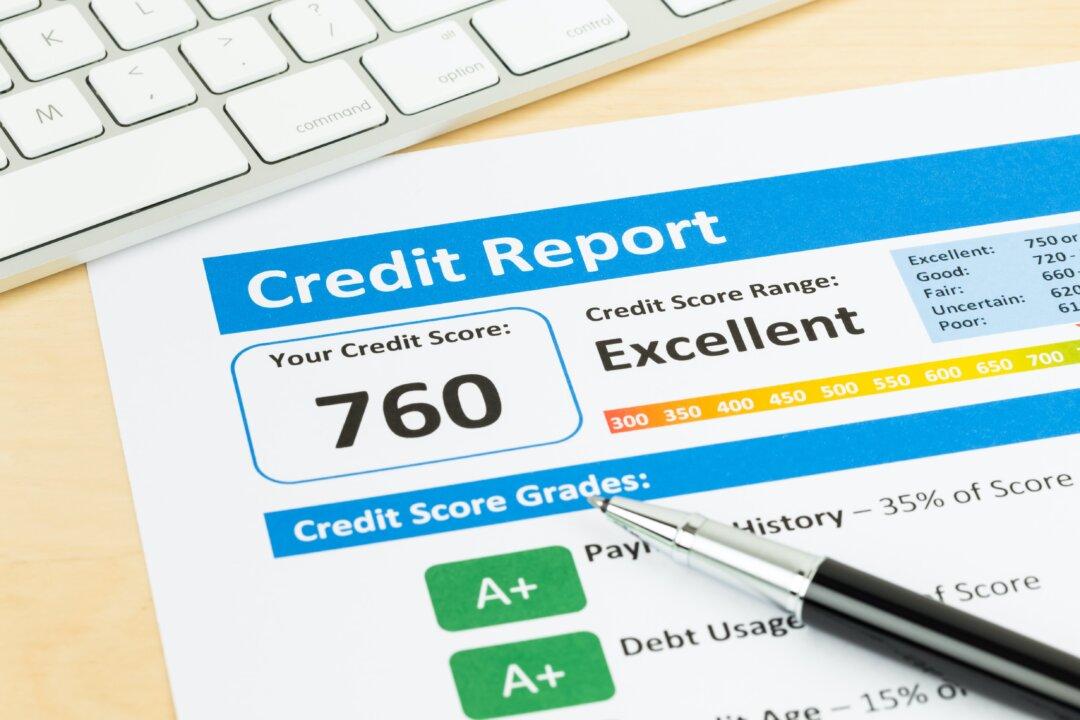Your credit score is a three-digit number between 300 and 850 generated by a mathematical algorithm (a mostly secret formula) based on information in your credit report compared with information on tens of millions of other people. The resulting number is said to be a highly accurate prediction of how likely you are to pay your bills.
If it sounds boring and unimportant, you couldn’t be more wrong. Credit scores are used extensively these days. If you rent an apartment, get braces, buy a cellphone service, apply for a job, or call to get utilities connected, there’s a good chance your report and score will be pulled.





